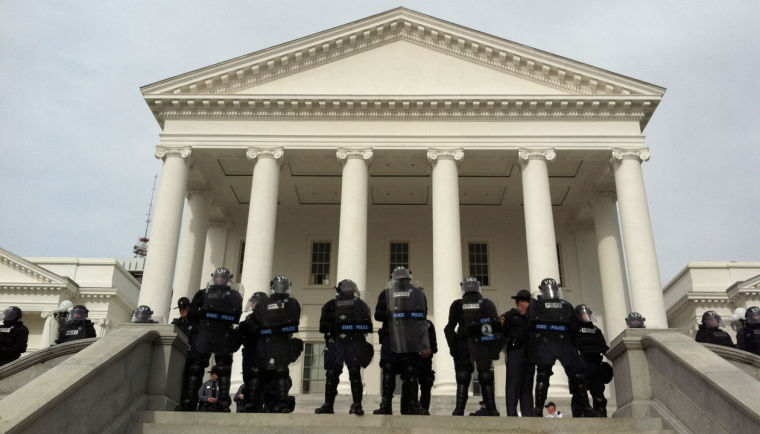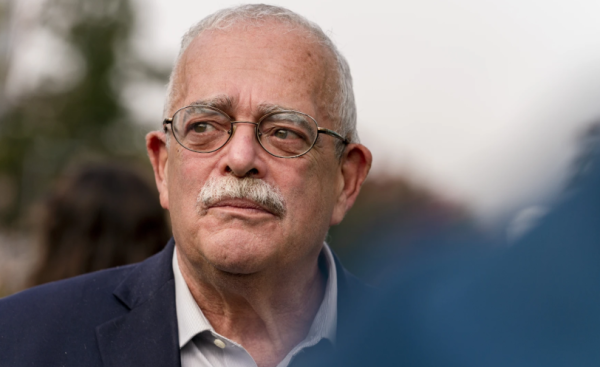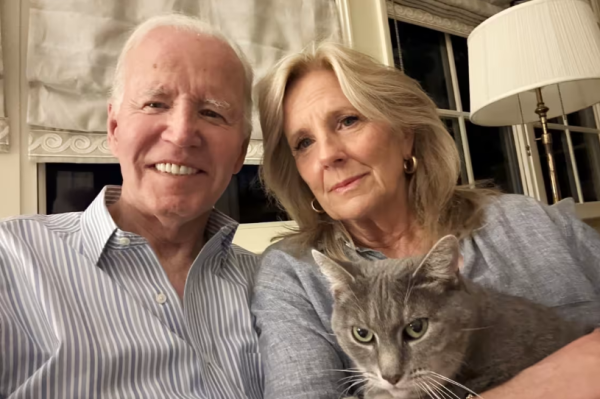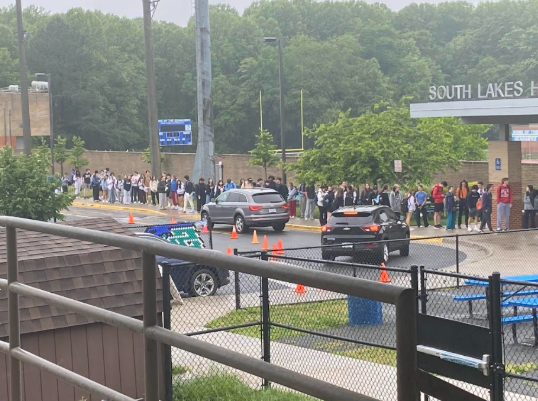Police reform in the Virginia legislature
The Virginia Legislature began a special session in August of 2020, urged by international protests calling for an end to institutional racism. The killing of Black Americans at the hands of police has spurred lawmakers to improve policing in the commonwealth. The majority of police shootings in Virginia have been ruled as justified, but data shows that the reporting and recording of these cases allows biased policing to slip through the cracks. Now lawmakers are trying to make changes to the system by passing a package of reforms.
In April of this year, lawmakers passed House Bill 1250 Virginia Community Policing Act; data collection and reporting requirement. This bill explicitly bans officers from engaging in “bias-based profiling.” This requires officers to create a Community Policing Reporting Database where information relating to all motor vehicle or investigatory stops must be logged. Officers must enter data regarding ethnicity, age and reason for stopping. They must also include information regarding what occurred during the stop (citations, searches, etc). If officers do not comply with this reporting, a new bill passed adds that these departments will be “ineligible for 599 funding in the succeeding fiscal year.” 599 funding provides federal financial support to police departments that are in need and in compliance with Virginia Department of Criminal Justice Services (DCJS) standards. $6.6 million is set aside for this each year.

HB 1250 also improved the reporting of complaints, as well as channels to the Attorney General’s office. These were the first steps taken by a wave of Democrats, but now there are pushes for greater action.
Senate Bill 5030 Policing reform; acquisition of military property, training of officers in de-escalation techniques is the latest product of the special session. This bill was highly debated. It is now primarily being agreed upon by law enforcement, but is somewhat disappointing to advocates for bigger reforms.
The bill gives the DCJS Board more power, but also mandates that the Board and its Committee on Training add two members and requires “that one member shall be an attorney representing the Virginia Indigent Defense Commission, one shall be an attorney representing civil liberty groups, one shall be a mental health service provider, and one shall be a representative of minority individuals.” It grants the Committee on Training more oversight and editing powers of standards.

The DCJS Board oversees policy and regulations. The Board must “adopt statewide professional standards of conduct applicable to all certified law-enforcement officers and certified jail officers,” develop de-escalation training that will be compulsory for all officers, as well as uniform educational standards for officers that are evaluated annually. Now officials like sheriffs must report officers who have engaged in any misconduct to the Board within 48 hours of being made aware of the infraction. The bill also allows the Board to begin the process of decertifying any current or former officers who have engaged in “serious misconduct.”
Now prospective jail or law-enforcement officers are required to report any past arrests or prosecutions, regardless of whether it has been expunged. Deadly force and any form of neck restraint is fully illegal now, unless deemed absolutely and immediately necessary for protection. Any officer found in violation of this ruling or found abusing their “authority over and carnally know without force, threat, or intimidation any inmate, parolee, probationer, arrestee, detainee, or pretrial defendant or posttrial offender, including those in the custody of a private, local, or state law-enforcement agency” is guilty of a Class 6 felony. Other officers must now intervene and provide aid if they bear witness to another officer using excessive or illegal force. Officers are also now prohibited from firing into or at a moving vehicle.
There were also amendments on the new no-knock and nighttime search warrant bans being introduced. Police groups put pressure on legislators to revise the rule that would mandate that police obtain judge-approval to search properties at night or enter them without declaring themselves as officers. Now if officers can prove that they at least tried to contact a judge, they can gain approval from a magistrate. Magistrates are the first level of judge in Virginia (most do not have law degrees) who usually oversee minor matters. This loophole renders the new law less impactful.
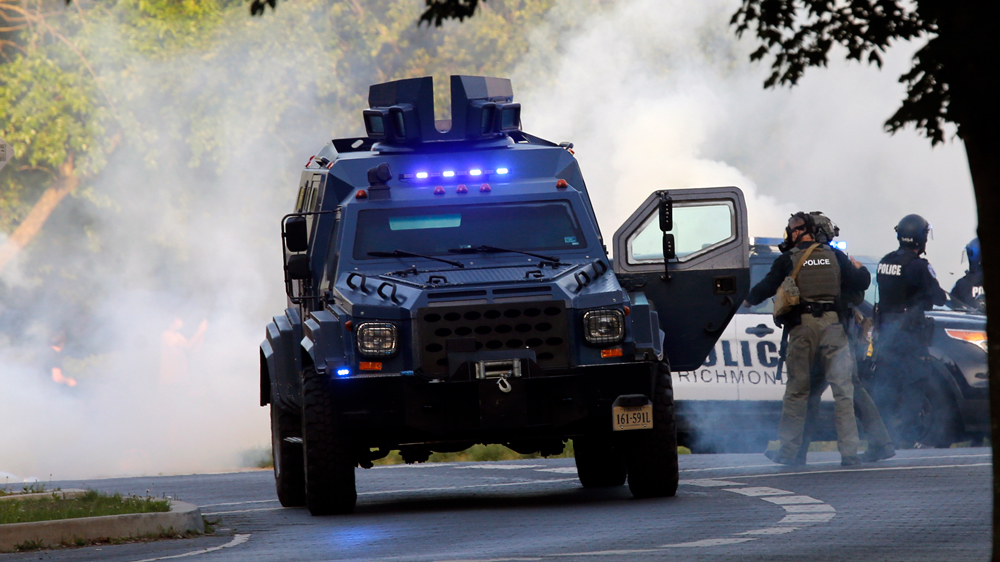
The bill prohibits police agencies from gaining some military surplus equipment from a federal grant program (federal 1033 Program). Not every item offered is blocked, but departments can no longer procure aircraft, bayonets, boats, grenade launchers and vehicles. Police departments can still access military rifles (under a .50 caliber) and armored vehicles (thanks to an amendment). These vehicles intended for military usage in war are found across Virginia and have remained unused in six departments, raising eyebrows in the rural areas that acquired them. Virginia has made quite a bit of news due to armored vehicles. During the Richmond protests police came in with armored vehicles, Infowars’ Alex Jones appeared at the January gun rights rally and a 29-year-old first lieutenant in the Virginia Army National Guard stole an armored vehicle and took it for a joyride around Richmond in 2018. Reports show that many Virginia police departments used grants to buy these vehicles through Armet, whose CEO was sent to prison by the FBI on charges of fraud, after selling false vehicles to the military. Departments that accept federal grant aid will no longer be eligible for 599 funding. Activists rebuke this decision, stating that demilitarization will only be possible when armored vehicle purchasing is fully supported by the public (buy-in approach).
“Overall, we really think that the Senate has moved in the right direction with this bill, but we’re not too thrilled with these recent changes because it does water down the effectiveness,” Kofi Annan, a member of the Virginia Coalition for Transforming Police, told Virginia Mercury

Qualified immunity has been a very tense topic amongst legislators. Qualified immunity blocks government officials from civil suit cases, which can protect officers. The measure was killed in the Senate after passing in the House on a reconsideration vote. A subcommittee will be formed to research the topic, and the measure will be brought up again during next year’s session.
The qualified immunity measure was unpopular with Republican delegates and those with constituencies further South, as they found that it placed officers in a difficult place. “Something is wrong in this country, and when we see this violence every month, every few weeks, it’s inexplicable to me how people can get shot in the back and walk away without any sanction. I just hope that we will pass this as one step to getting a handle on this continued violence that we’re seeing in some police officers,” a delegate from Fairfax, Mark Sickles, stated.
Helen is News Editor, Editor-In-Chief, founder and manager of the broadcasting department. She is the head manager of the Sentinel's social media. She...








